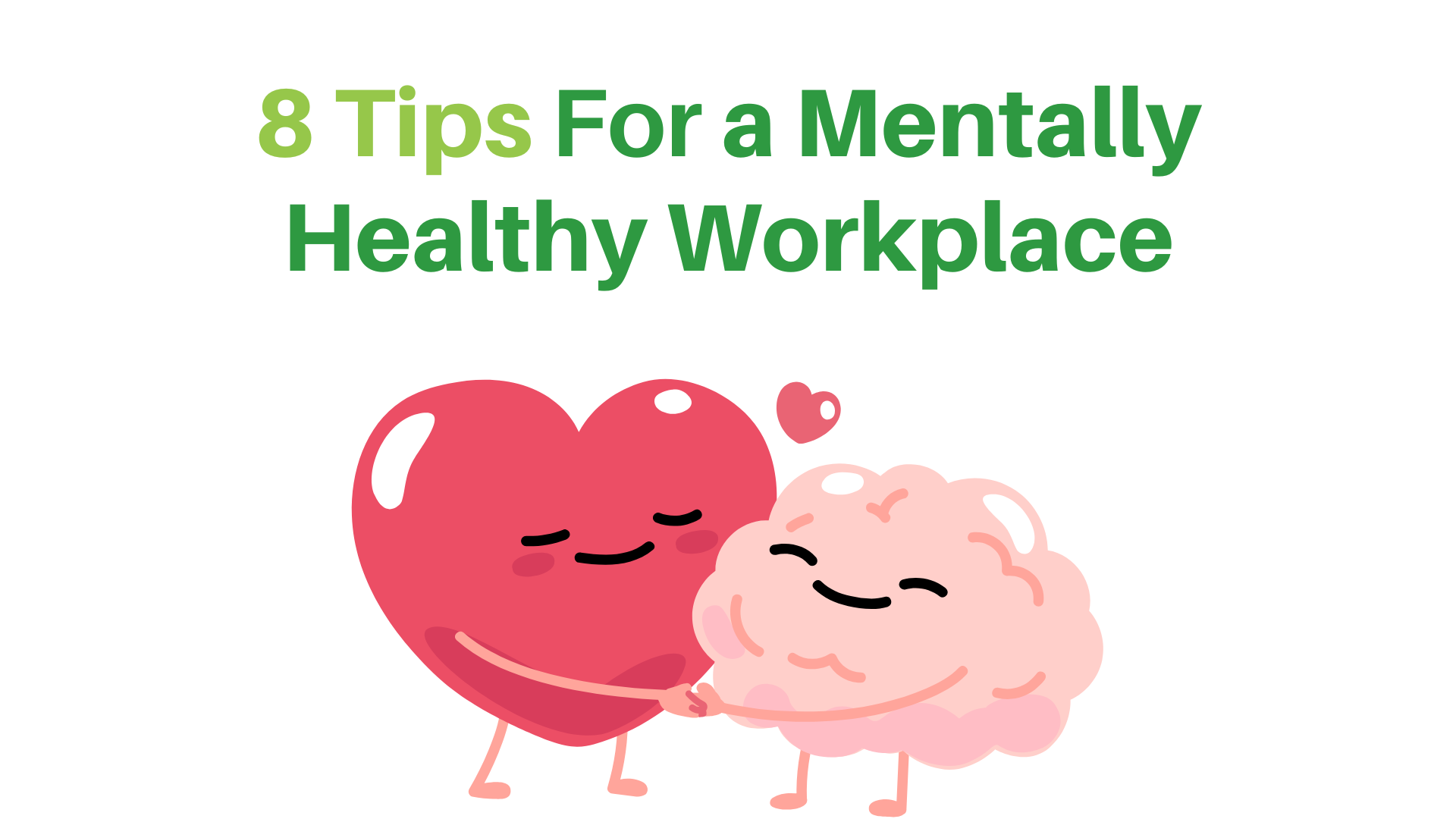In today’s work environment, mental health is just as important as physical health. A mentally healthy workplace benefits employees and helps businesses boost productivity, reduce absenteeism, and retain talent. With Mental Health Awareness Week in early October, now is the time for employers to consider how to better support their people.
Why mental health at work matters
- Improved performance: Employees who feel supported are more engaged and productive.
- Reduced costs: Stress and burnout contribute to absenteeism and staff turnover. Supporting mental wellbeing helps reduce these costs.
- Legal obligations: Under the Health and Safety at Work Act 2015, employers in New Zealand have a responsibility to manage risks to both physical and mental health.
- Positive culture: Promoting mental wellbeing creates a workplace culture where employees feel valued, supported, and motivated.
Strategies for creating a mentally healthy workplace
1. Encourage open conversations
Reduce stigma by making mental health a normal part of workplace discussions. Encourage leaders to share experiences, promote Employee Assistance Programmes (EAP), and let employees know support is available.
2. Provide training for managers
Equip managers with the skills to recognise early signs of stress, anxiety, or burnout. Training should cover how to approach sensitive conversations and where to refer employees for support.
3. Offer flexibility where possible
Work-life balance plays a major role in mental health. Flexible hours, remote work options, or adjusted shift can make a big difference, especially in high-pressure industries.
4. Promote breaks and rest
Encourage staff to take regular breaks, use annual leave, and avoid working excessive hours. Rest is essential for mental recovery and performance.
5. Design supportive work environments
Workplaces that are safe, comfortable, and inclusive help employees feel secure and supported. Consider lighting, noise, and access to quiet spaces where employees can reset during the day.
6. Address psychosocial risks
WorkSafe New Zealand highlights the importance of identifying and managing psychosocial risks such as excessive workloads, poor role clarity, bullying, or lack of support. Proactively addressing these risks creates a safer and healthier environment.
7. Recognise and reward employees
Acknowledging contributions, even small ones, lifts morale and reinforces a sense of purpose. Recognition helps employees feel appreciated and reduces stress associated with feeling undervalued.
8. Encourage healthy lifestyle habits
Support initiatives like group exercise classes, mindfulness workshops, or providing healthy food options in break areas. Physical and mental health are closely linked.
Resources for Employers in New Zealand
Here are some helpful resources to get started:
Making mental health part of your workplace culture
A mentally healthy workplace requires consistent effort and leadership. Regularly check in with staff, seek feedback, and review policies to ensure they align with wellbeing goals. By creating an environment where employees feel safe, supported, and valued, employers can build stronger teams, improve outcomes, and make a real difference.

